The best bait to catch a wild animal will depend on the animal in question. When it comes to nuisance wildlife, many of these creatures are...
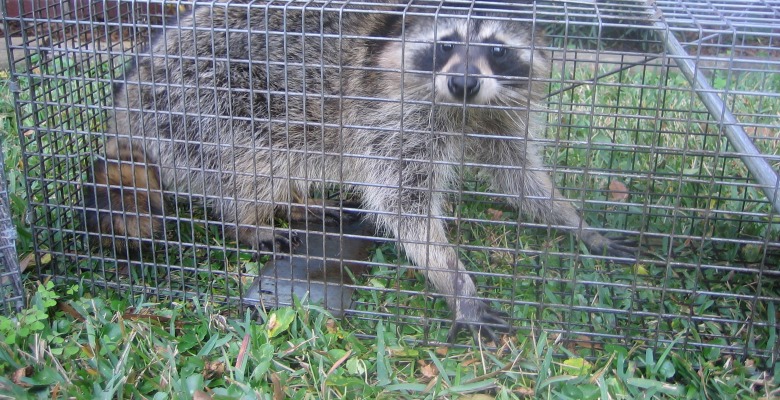
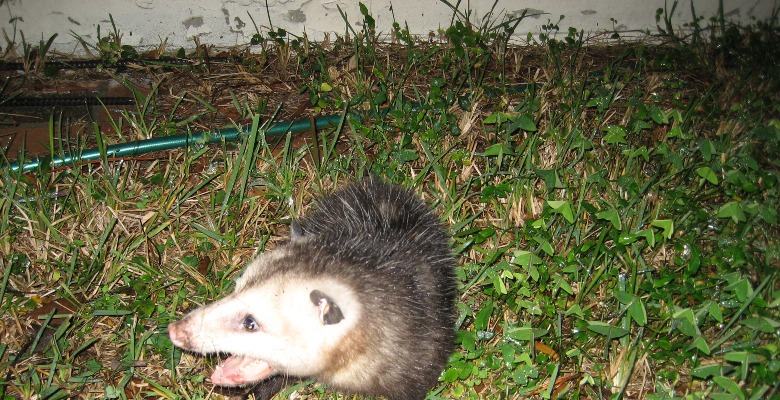
It’s one thing if animals want to invade your yard and eat your plants; you can always replace plants if you have to. It’s an entirely different thing if an animal invades with the intent to dig holes in the yard or next to the house. There’s already something sinister about a strange burrow along the back steps or next to the deck, but the seriousness of the situation grows when you realize the kind of damage wildlife may be doing to your buildings or landscape.
Holes in the yard can be filled, but it is pointless to do so until the offending animal has been trapped and removed from the area. It is also just a temporary fix unless you install an exclusion fence or take care of the things that drew the animal to your yard in the first place. Animals like readily available sources of food, so some may be drawn to gardens while others may be after the insects and worms that enjoy living in lush grass. Some animals come to your property because pet food or garbage isn’t sealed up well at night. These are easy fixes, and ones that can make a big difference in how often you have to remove nuisance wildlife.
The holes next to the house, however, can provide a different problem. Every home is different, but a hole along your foundation is never a good thing. It might not seem like a woodchuck or armadillo, or any burrowing creature would be able to damage your home, but digging is what these animals do, and if their burrows become extensive enough, your foundation may be at risk. Or, if a wild animal has a burrow system under a deck or shed, that animal could be chewing on support beams buried in the ground.
We can help! As America’s largest wildlife control company, we service over 1000 locations across the USA. Call us today to check our prices in your town.
So now what? You’ve got an animal invader that might be causing expensive damage to your home, and it’s not in a convenient place for you to try and catch it. You may be tempted to put out poison or otherwise try and kill the furry burrower, but these two options are usually advised against. There are some states and counties where killing an animal is the required removal method, but this is something best left to a wildlife professional, who can catch the animal and have it humanely euthanized. Poison, which is a horrible way for any creature to die, may make your problem even worse. If the animal eats enough poison to kill it, it will most likely die deep in one of its tunnels. The end result is a horrible smell of decay around your home, and the only way to eliminate the odor is to find the body and remove it. When an animal has dug along a foundation or under a deck, this project is almost impossible. There is always a chance the animal won’t eat enough poison to die, either. In this case, the critter will become sick and once it recovers, it will be much less likely to fall for poison bait a second time.
Hands down, the best way to get rid of animals that are digging in your yard or along your home is to hire a professional. A qualified technician will be able to come out, assess the damage, and set up traps to remove the animal(s) responsible. A professional will also make sure the animal is handled as humanely as possible even if laws require it to be put down after the process. Remember, just because nuisance wildlife makes you angry or is causing a problem, that is no reason to mistreat them during the removal process. These animals aren’t encroaching on your property to spite you, they simply want to live in a safe, warm, rich environment. You might even want to consider it a compliment they find your yard so appealing.
In closing, take care of the things you can take care of: remove any pet food, garbage, or other food sources from your property. If you have gardens, enclose them. Keep your grass short to discourage bugs and insects from setting up shop, and fence off any water sources. Once you’ve taken those steps, it is time to call in the professionals to remove the bigger critters and repair any damage they might have caused.
Over 1000 locations across the United States!
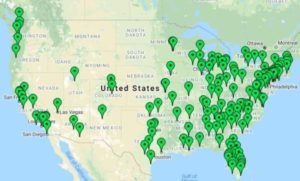

The best bait to catch a wild animal will depend on the animal in question. When it comes to nuisance wildlife, many of these creatures are...
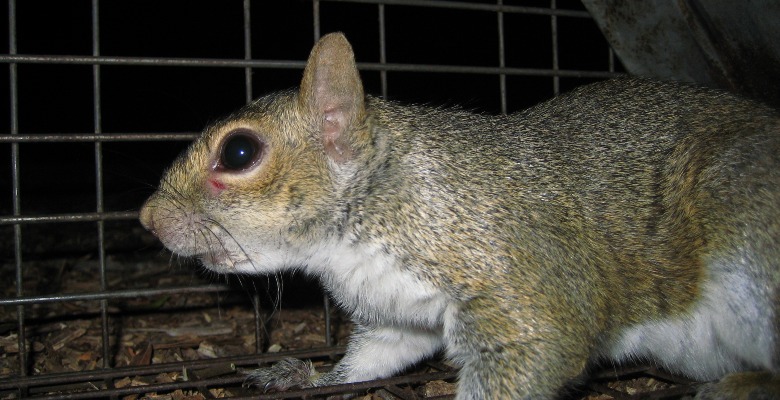
Squirrels are destructive when they are after something they want. We see this in small examples, like around birdfeeders and gardens; a determined...
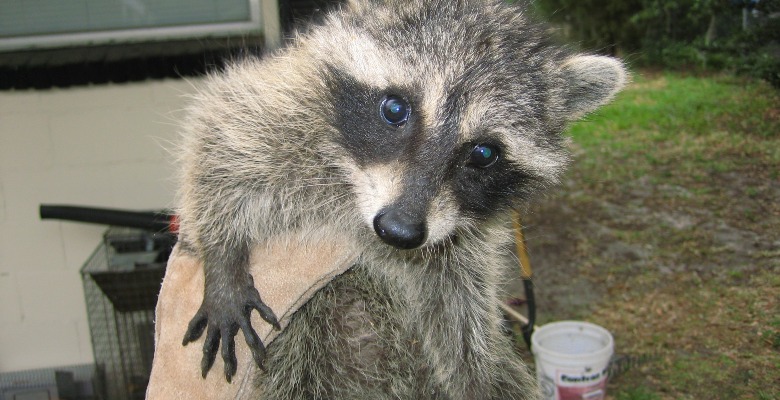
This is an interesting topic, and that's because the answer is different depending on who you ask. The elderly woman next door who leaves out food...